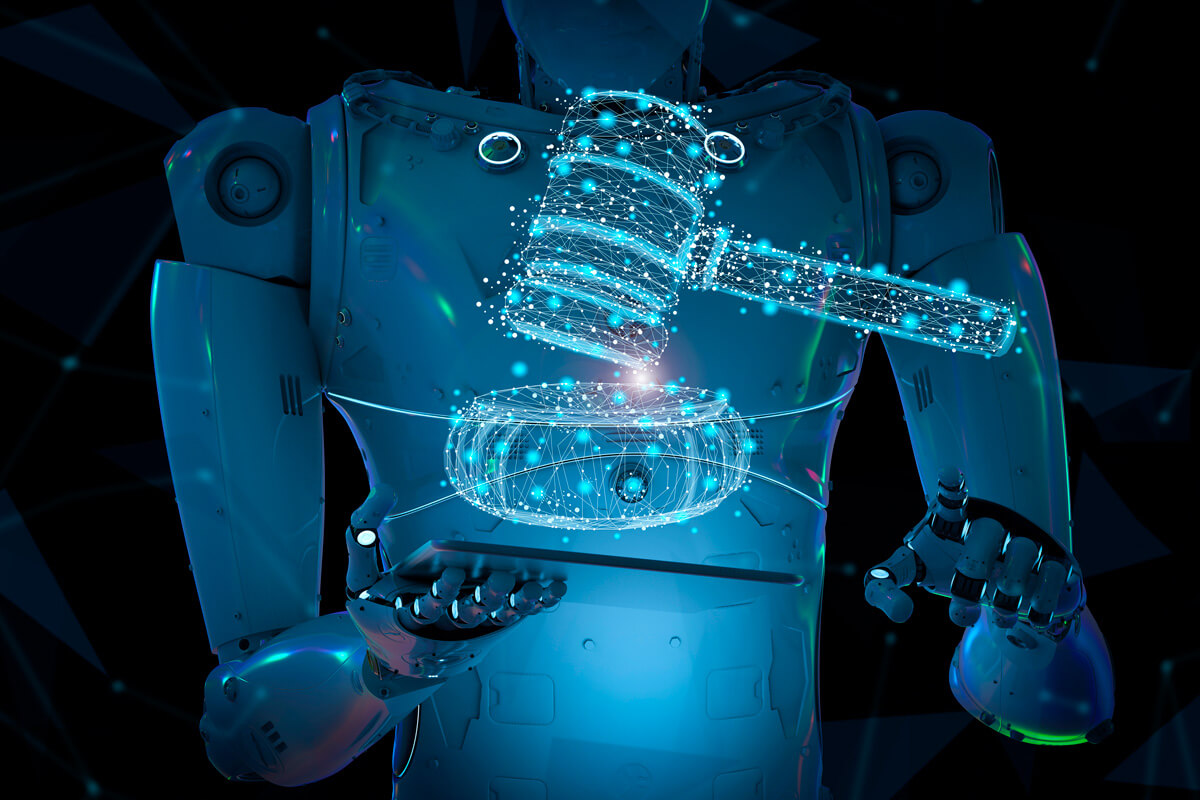Artificial Intelligence (AI) is revolutionizing the legal industry, transforming how legal professionals research, analyze, and manage cases. As AI becomes more integrated into legal workflows, experts offer valuable insights into its benefits, limitations, and future impact.
The Role of AI in Law
AI in law involves using machine learning, natural language processing, and automation to assist with legal research, document review, contract analysis, and even decision-making processes. While AI can significantly improve efficiency, it also raises critical questions about ethics, accountability, and the evolving role of legal professionals.
Key Expert Perspectives on AI in Law
Enhancing Efficiency and Accuracy
Experts agree that AI dramatically improves the speed and accuracy of legal research and document analysis. Tasks that once required hours of manual review can now be completed in minutes, allowing lawyers to focus more on strategic thinking and client interaction.
Impact on Legal Research
AI-powered tools can sift through vast amounts of case law, statutes, and legal documents to provide relevant insights quickly. Legal experts emphasize that AI can uncover precedents and patterns that may be missed through traditional research methods.
Automation and Routine Work
Many legal professionals support using AI for automating tasks such as contract review, compliance monitoring, and document drafting. Experts believe this automation helps reduce costs, streamline operations, and improve turnaround times.
Ethical and Accountability Concerns
While AI offers clear advantages, experts caution that it must be used responsibly. Questions about bias in AI algorithms, accountability for AI-driven decisions, and maintaining client confidentiality are key challenges that need ongoing attention.
The Future of Legal Jobs
There is a growing consensus that AI will reshape, but not eliminate, legal jobs. Routine tasks may become automated, but the need for human judgment, negotiation skills, and complex legal interpretation remains essential.
Regulatory Developments
Legal experts also highlight the need for clear regulations around the use of AI in law. Establishing guidelines on ethical AI practices, accountability, and data protection is crucial as AI adoption grows.
Conclusion
Experts recognize that AI is a powerful tool that can enhance legal practice by improving efficiency, accuracy, and access to information. However, the legal community must balance these benefits with careful attention to ethical considerations, fairness, and regulatory standards. As AI continues to evolve, collaboration between technologists, lawyers, and policymakers will be essential to ensure its responsible use in the legal field.







Leave feedback about this